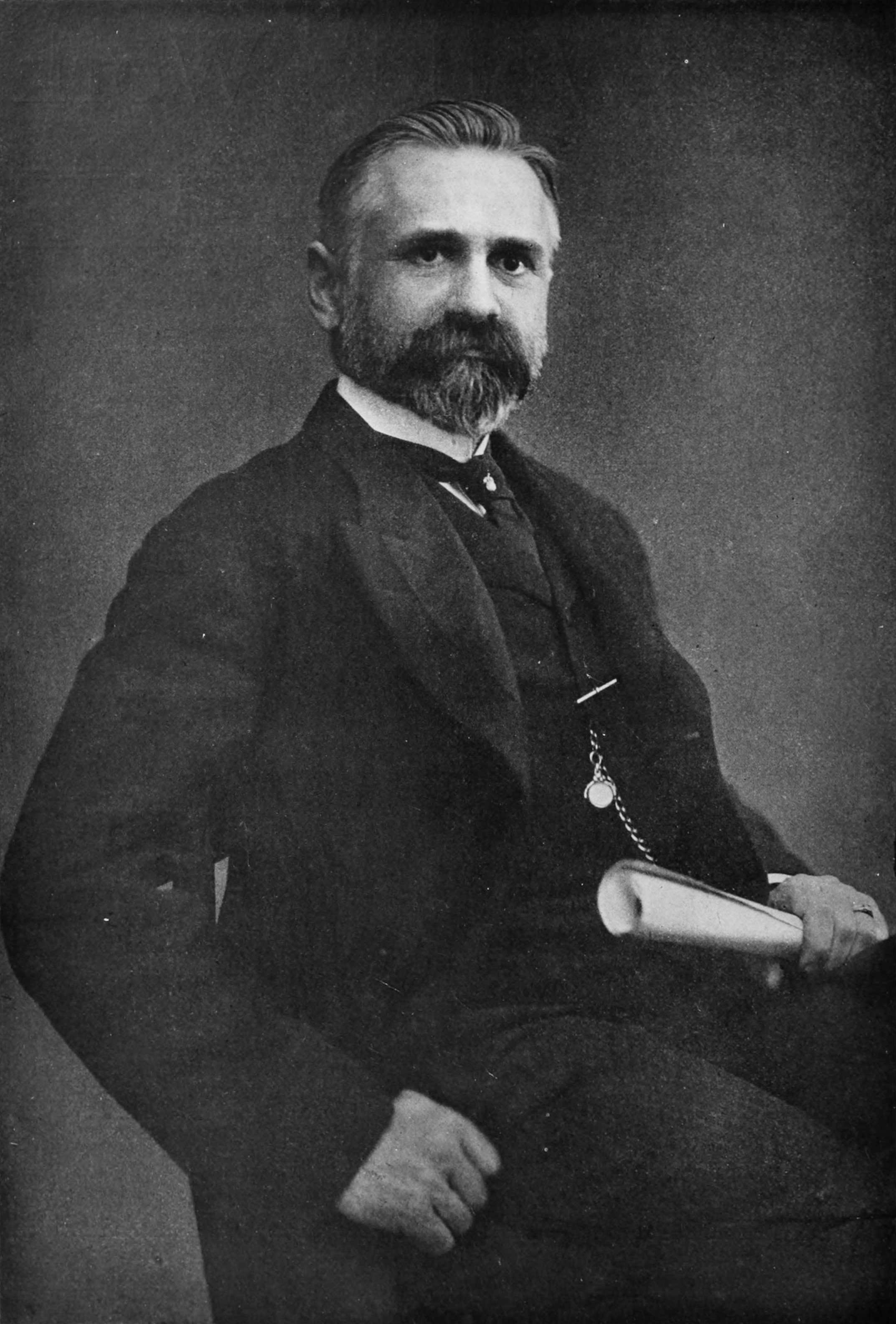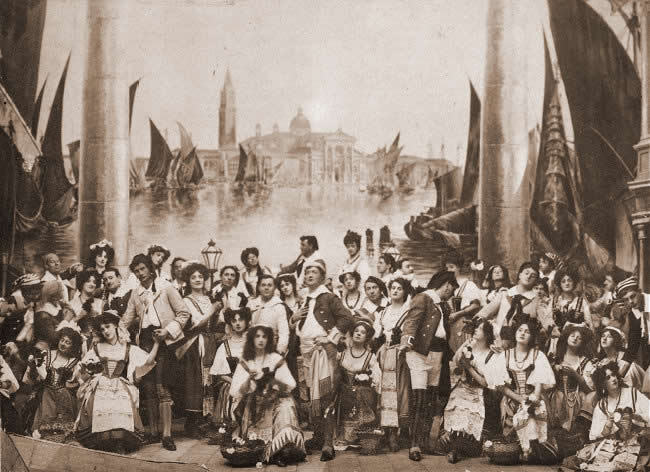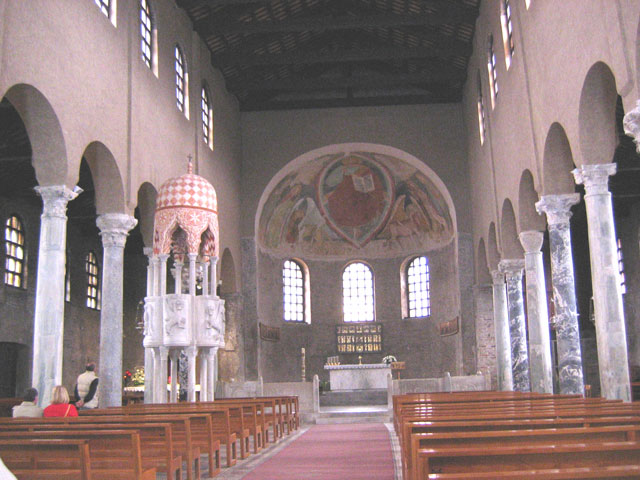|
Lisa Hopkins Seegmiller
Lisa Hopkins Seegmiller (born 1978), credited as Lisa Hopkins until 2008, is an American classical singer and actress from Simi Valley, California. She holds a B.A. in Theater Studies and Acting from Yale University and a M.M. in Classical Voice from the Manhattan School of Music. She is best known for her portrayal of Mimi in Baz Luhrmann's 2002–03 production of ''La bohème'' on Broadway, for which she received a 2003 Tony Award. Since then, Seegmiller has performed around the United States and Europe in concerts, operas and musical theatre, at venues such as the Estates Theatre in Prague, Wolf Trap in Virginia, the Brooklyn Academy of Music, the Utah Symphony and Opera, and at several music festivals. She was nominated for the 2010 Grammy Award for Best Opera Recording for her role in the recording of ''Volpone'' with the Wolftrap Opera Company. Early life and training Seegmiller was born Lisa Hopkins in Simi Valley, California, and grew up in various places throughout th ... [...More Info...] [...Related Items...] OR: [Wikipedia] [Google] [Baidu] |
The Juilliard School
The Juilliard School ( ) is a Private university, private performing arts music school, conservatory in New York City. Founded by Frank Damrosch as the Institute of Musical Art in 1905, the school later added dance and drama programs and became the Juilliard School, named after its principal benefactor Augustus D. Juilliard. It is widely considered one of the world's most prestigious conservatories. The school is composed of three primary academic divisions: dance, drama, and music, of which the last is the largest and oldest. Juilliard offers degrees for Undergraduate education, undergraduate and Graduate Studies, graduate students and Liberal arts education, liberal arts courses, non-degree diploma programs for professional studies, professional artists, and musical training for secondary school, pre-college students. Juilliard has a single campus at the Lincoln Center for the Performing Arts, comprising numerous studio rooms, performance halls, a library with special collecti ... [...More Info...] [...Related Items...] OR: [Wikipedia] [Google] [Baidu] |
Graz
Graz () is the capital of the Austrian Federal states of Austria, federal state of Styria and the List of cities and towns in Austria, second-largest city in Austria, after Vienna. On 1 January 2025, Graz had a population of 306,068 (343,461 including secondary residence). In 2023, the population of the Graz larger urban zone (LUZ) stood at 660,238. Graz is known as a city of higher education, with four colleges and four universities. Combined, the city is home to more than 60,000 students. Its historic centre (''Altstadt'') is one of the best-preserved city centres in Central Europe. In 1999, the city's historic centre was added to the UNESCO list of World Heritage Sites and in 2010 the designation was expanded to include Eggenberg Palace, Graz, Eggenberg Palace () on the western edge of the city. Graz was designated the Cultural Capital of Europe in 2003 and became a City of Culinary Delights in 2008. In addition, the city is recognized as a "Design Cities (UNESCO), Design City ... [...More Info...] [...Related Items...] OR: [Wikipedia] [Google] [Baidu] |
Gilbert And Sullivan
Gilbert and Sullivan refers to the Victorian-era theatrical partnership of the dramatist W. S. Gilbert (1836–1911) and the composer Arthur Sullivan (1842–1900) and to the works they jointly created. The two men collaborated on fourteen comic operas between 1871 and 1896, of which '' H.M.S. Pinafore'', ''The Pirates of Penzance'' and ''The Mikado'' are among the best known.Davis, Peter G''Smooth Sailing'' ''New York'' magazine, 21 January 2002, accessed 6 November 2007 Gilbert, who wrote the libretti for these operas, created fanciful "topsy-turvy" worlds where each absurdity is taken to its logical conclusion: fairies rub elbows with British lords, flirting is a capital offence, gondoliers ascend to the monarchy, and pirates emerge as noblemen who have gone astray. Leigh, Mike"True anarchists" ''The Guardian'', 4 November 2007, accessed 6 November 2007 Sullivan, six years Gilbert's junior, composed the music, contributing memorable melodies that could convey both humour an ... [...More Info...] [...Related Items...] OR: [Wikipedia] [Google] [Baidu] |
The Gondoliers
''The Gondoliers; or, The King of Barataria'' is a Savoy Opera, with music by Arthur Sullivan and libretto by W. S. Gilbert. It premiered at the Savoy Theatre on 7 December 1889 and ran for a very successful 554 performances (at that time the fifth longest-running piece of musical theatre in history), closing on 30 June 1891. This was the twelfth comic opera collaboration of fourteen between Gilbert and Sullivan. The story of the opera concerns brothers Marco and Giuseppe Palmieri, a pair of Venetian gondoliers who are told that one of them is heir to the throne of the fictional kingdom of Barataria; until it can be discovered by the Grand Inquisitor which of them is the heir, they must rule jointly. Unbeknownst to the brothers, who have just married Venetian farm girls, the heir was wed in infancy to the daughter of the Spanish Duke of Plaza-Toro, who is herself in love with her father's servant. A subplot concerns the impoverished Duke attempting to improve his finances ... [...More Info...] [...Related Items...] OR: [Wikipedia] [Google] [Baidu] |
Francis Poulenc
Francis Jean Marcel Poulenc (; 7 January 189930 January 1963) was a French composer and pianist. His compositions include mélodie, songs, solo piano works, chamber music, choral pieces, operas, ballets, and orchestral concert music. Among the best-known are the piano suite ''Trois mouvements perpétuels'' (1919), the ballet ''Les biches'' (1923), the ''Concert champêtre'' (1928) for harpsichord and orchestra, the Organ Concerto (Poulenc), Organ Concerto (1938), the opera ''Dialogues des Carmélites'' (1957), and the ''Gloria (Poulenc), Gloria'' (1959) for soprano, choir, and orchestra. As the only son of a prosperous manufacturer, Poulenc was expected to follow his father into the family firm, and he was not allowed to enrol at a music college. He studied with the pianist Ricardo Viñes, who became his mentor after the composer's parents died. Poulenc also made the acquaintance of Erik Satie, under whose tutelage he became one of a group of young composers known collectively ... [...More Info...] [...Related Items...] OR: [Wikipedia] [Google] [Baidu] |
Giulio Cesare
''Giulio Cesare in Egitto'' (; ; HWV 17), commonly known as , is a dramma per musica (''opera seria'') in three acts composed by George Frideric Handel for the Royal Academy of Music in 1724. The libretto was written by Nicola Francesco Haym who used an earlier libretto by Giacomo Francesco Bussani, which had been set to music by Antonio Sartorio (1676). The opera was a success at its first performances, was frequently revived by Handel in his subsequent opera seasons and is now one of the most often performed Baroque operas. The opera's plot is loosely based on historical events during the Roman Civil War of 49–45 BC. Composition history ''Giulio Cesare in Egitto'' was first performed at the King's Theatre in the Haymarket, London on 20 February 1724. The opera was an immediate success. A contemporary wrote in a letter on 10 March 1724: ...the opera is in full swing also, since Hendell's new one, called Jules César – in which Cenesino and Cozzuna shine beyond ... [...More Info...] [...Related Items...] OR: [Wikipedia] [Google] [Baidu] |
Handel
George Frideric (or Frederick) Handel ( ; baptised , ; 23 February 1685 – 14 April 1759) was a German-British Baroque composer well-known for his operas, oratorios, anthems, concerti grossi, and organ concerti. Born in Halle, Germany, Handel spent his early life in Hamburg and Italy before settling in London in 1712, where he spent the bulk of his career and became a naturalised British subject in 1727. He was strongly influenced both by the middle-German polyphonic choral tradition and by composers of the Italian Baroque. In turn, Handel's music forms one of the peaks of the "high baroque" style, bringing Italian opera to its highest development, creating the genres of English oratorio and organ concerto, and introducing a new style into English church music. He is consistently recognized as one of the greatest composers of his age. Handel started three commercial opera companies to supply the English nobility with Italian opera. In 1737, he had a physical breakdown, c ... [...More Info...] [...Related Items...] OR: [Wikipedia] [Google] [Baidu] |
Chautauqua Institution
The Chautauqua Institution ( ) is a 501(c)(3) nonprofit education center and summer resort for adults and youth located on in Chautauqua, New York, northwest of Jamestown, New York, Jamestown in the western southern tier of New York (state), New York state. Established in 1874, the institution was the home of, and provided the impetus for, the Chautauqua movement that became popular in the United States in the late 19th and early 20th centuries. The Chautauqua Institution Historic District is listed on the National Register of Historic Places and was further designated a National Historic Landmark. History Chautauqua was founded in 1874 by inventor Lewis Miller (philanthropist), Lewis Miller and Methodist Bishop John Heyl Vincent as a teaching camp for Sunday-school teachers. The teachers would arrive by steamboat on Chautauqua Lake, disembark at Palestine Park and begin a course of Bible study that used the Park to teach the geography of the Holy Land. The institution has ope ... [...More Info...] [...Related Items...] OR: [Wikipedia] [Google] [Baidu] |
The Threepenny Opera
''The Threepenny Opera'' ( ) is a 1928 German "play with music" by Bertolt Brecht, adapted from a translation by Elisabeth Hauptmann of John Gay's 18th-century English ballad opera, '' The Beggar's Opera'', and four ballads by François Villon, with music by Kurt Weill. Although there is debate as to how much, if any, contribution Hauptmann might have made to the text, Brecht is usually listed as sole author of the text. The work offers a socialist critique of the capitalist world. It opened on 31 August 1928 at Berlin's Theater am Schiffbauerdamm. With influences from jazz and German dance music, songs from ''The Threepenny Opera'' have been widely covered and become standards, most notably "" ("The Ballad of Mack the Knife") and "" (" Pirate Jenny"). ''The Threepenny Opera'' has been performed in the United Kingdom, the United States, France, Russia, Italy, and Hungary. It has also been adapted to film and radio. The German-language version from 1928 entered the ... [...More Info...] [...Related Items...] OR: [Wikipedia] [Google] [Baidu] |
Grado, Italy
Grado (; ; ; ) is a town and (municipality) of 8,064 residents in the Regional decentralization entity of Gorizia in the north-eastern Italian region of Friuli-Venezia Giulia, located on an island and adjacent peninsula of the Adriatic Sea between Venice and Trieste. The territory of the municipality of Grado extends between the mouth of the Isonzo and the Adriatic Sea and the Grado Lagoon, and covers an area of about 90 square kilometers between Porto Buso and Fossalon. Characteristic of the lagoon is the presence of the , which are simple houses with thatched roof used in the past by the fishermen of Grado, who remained in the lagoon for a long time, returning to the island of Grado only during the colder period of the year. Once mainly a fishing centre, today it is a popular tourist destination, known commonly as ("The Island of the Sun"). It is also famous because it is a spa town; from 1873 a maritime hospice for children called Ospizio Marino wanted by the doctor Giu ... [...More Info...] [...Related Items...] OR: [Wikipedia] [Google] [Baidu] |







